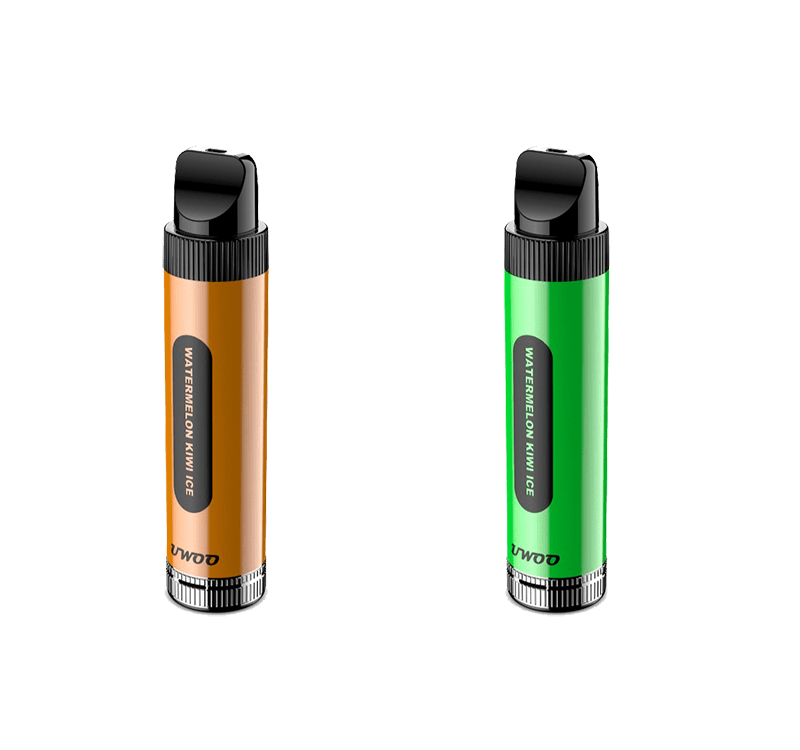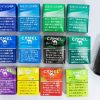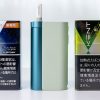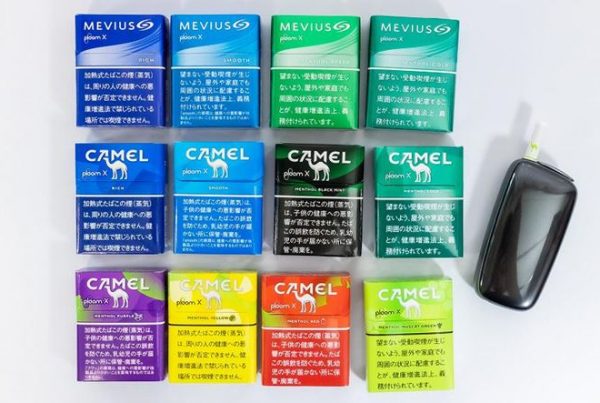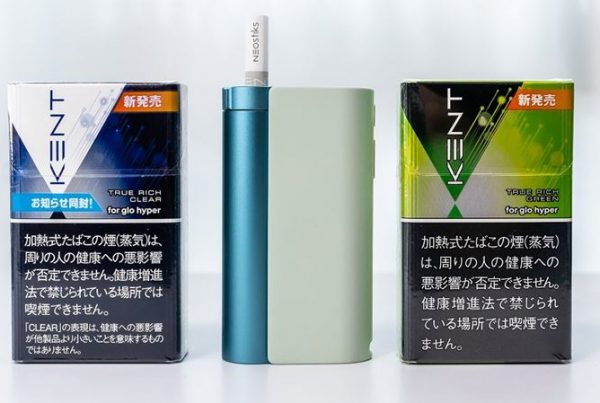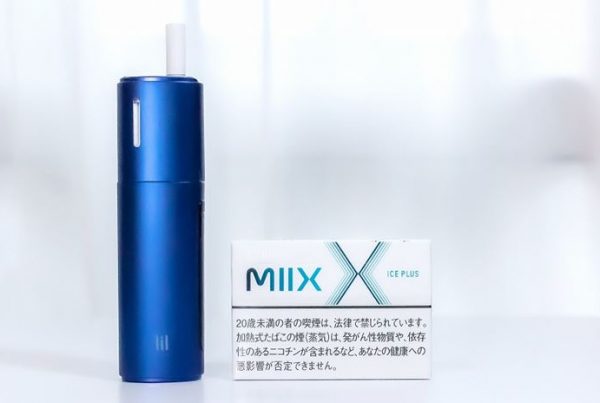What are the current policies for the e-cigarette industry in various regions of the world?
Costa Rica-allowed. Import, sale and use are permitted and regulated as tobacco products. All transactions must be verified for age (only adults over 18). Advertising is not allowed. Use in public places is restricted.
Czech Republic-allowed. The import, sale, use and sale of electronic cigarettes are not restricted.
Estonia-allowed.
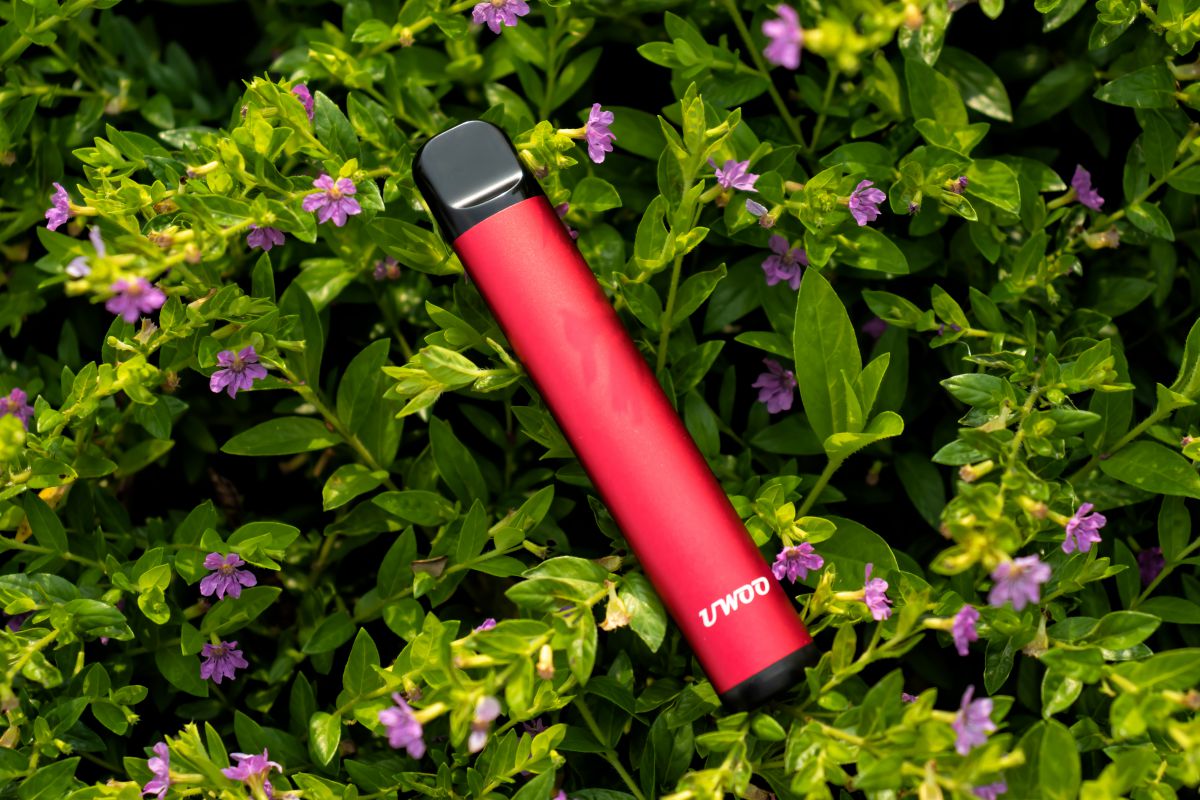
European Union-allowed. Import, sale, use and advertising are allowed.
Germany-allowed. Import, sale and use are allowed. The Supreme Court of the two states ruled that e-cigarettes and canned e-liquid are not drugs under the “Drug Law” or “Medical Device Law.” Germany is one of the countries with the most relaxed regulatory measures on e-cigarettes. There are no special taxes on vaping, no regulations on cross-border sales, and only slight restrictions on advertising.
Indonesia-allowed. The Indonesian government stated that starting from the summer of 2018, taxes of up to 57% will be imposed on non-tobacco substitutes, including e-cigarettes.
Israel-allowed. Import and sale are allowed.
Italy-allowed. Import, sale and use are all unrestricted. It is forbidden for people under 18 to sell e-cigarettes (only applicable to liquids containing nicotine).
Ireland-allowed. Import, sale and use are allowed.
South Korea-allowed. Here, e-cigarettes are considered tobacco products and are subject to tobacco control legislation. Taxes are high, and the report shows that the retail price of e-cigarettes in Korea is the highest in the world. HNB products are very popular.
Latvia-allowed. E-cigarettes can be sold to people over 18 years old.
Malta-allowed. It is considered a tobacco product, and its sale and use are permitted, but e-cigarettes fall within the scope of the “Tobacco Law”. They cannot be advertised, cannot be used in closed public places, and can only be used by adults over 18 years of age.
Netherlands-allowed. Import, sale and use are allowed. The government tried to ban it completely but was overturned by law: The Gravenhage court in the Netherlands legalized the import and sale of e-cigarettes and e-liquids containing nicotine in a civil court case.
Poland-allowed. Import, sale and use are allowed.
Russia-allowed. Import, sale and use are allowed.
Tajikistan-allowed. The sale and use of electronic cigarettes are currently unrestricted.
Ukraine-allowed with restrictions
United Kingdom-allowed. Import, sale, advertising and use are allowed. There are some restrictions on advertising. As far as we know, the UK is currently the only country in the world where e-cigarettes are fully and effectively regulated. The maximum nicotine content allowed in the e-liquid in the United Kingdom is 20 mg/ml. The bottle may contain more liquid with a nicotine content of more than 10 ml. It must be child-proof and tamper-proof. The volume of the atomizer sold cannot exceed 2 ml.
United States-allowed. Import, sale, advertising and use are allowed. The U.S. FDA has strengthened its control on the sales of e-cigarettes this year to control the abuse of e-cigarettes by young people, and requires e-cigarette manufacturers to remove flavored e-cigarettes from physical stores.
Armenia-allowed. The sale of e-cigarettes and e-liquids with and without nicotine is not regulated. In 2018, Philip Morris International (PMI) began sales of its revolutionary smoke-free product iQOS in Armenia.
Bosnia and Herzegovina-allowed. Nicotine-containing cartridges are not classified as tobacco products, so their sales are not regulated.
Bulgaria-allowed. The sale and use of electronic cigarettes and cartridges containing nicotine are legal.
Romania-allowed. The sale and use of e-cigarettes is legal.
Sweden-allowed. Selling e-cigarettes is legal for anyone, but selling nicotine liquid to minors under 18 is illegal.
Switzerland-allowed. In 2018, a local Swiss company successfully challenged the illegality of nicotine-containing liquids in the Federal Court, immediately lifted the ban and sold nicotine liquids nationwide, as well as the neighboring Liechtenstein, which follows the same laws.
New Zealand-allowed. Electronic cigarettes have been legalized. Philip Morris International’s IQOS new tobacco product using heat not burn technology has officially embarked on the legalization path in New Zealand.
France-allowed. E-cigarettes and nicotine liquids are considered consumer products subject to general product safety regulations, unless they meet the standards of a medical license. It is forbidden to sell electronic cigarettes to people under the age of 18, and to sell cigarette cartridges with or without nicotine.


